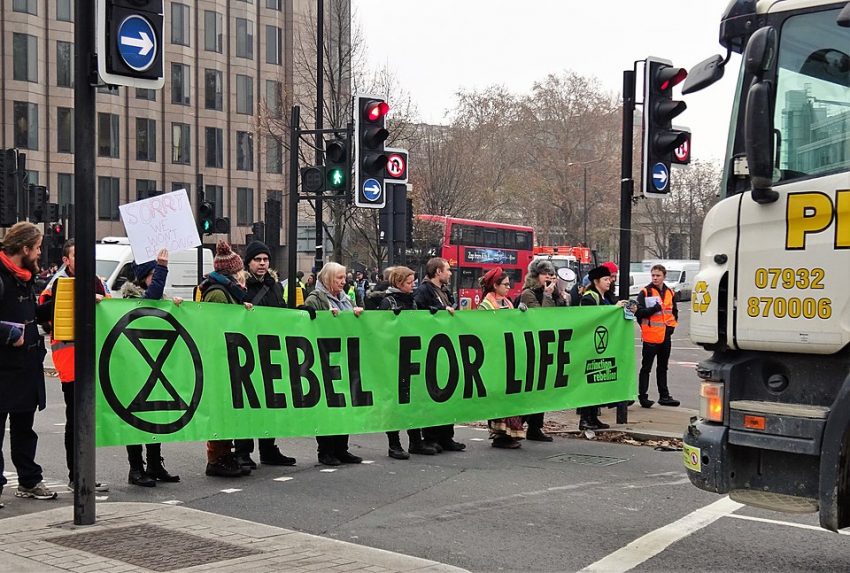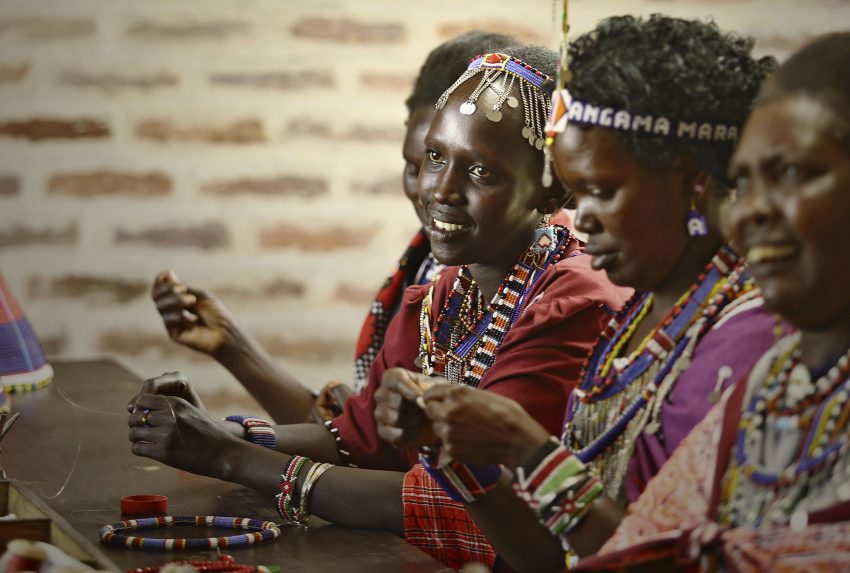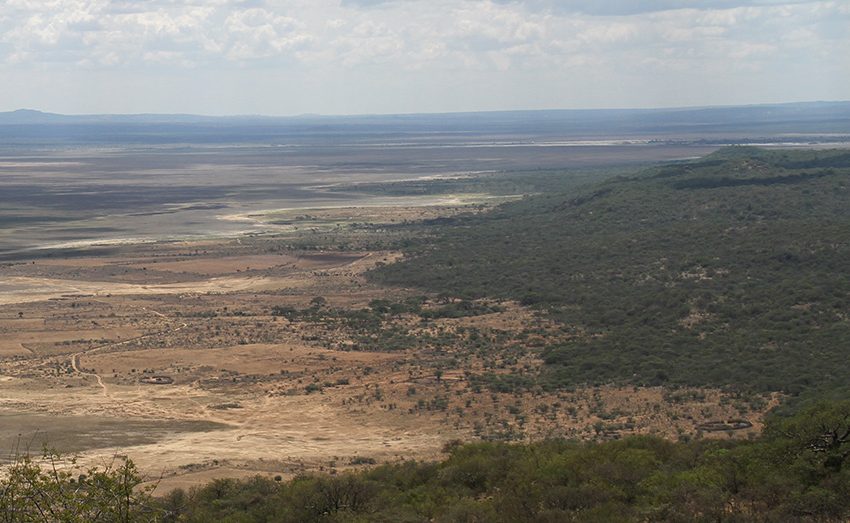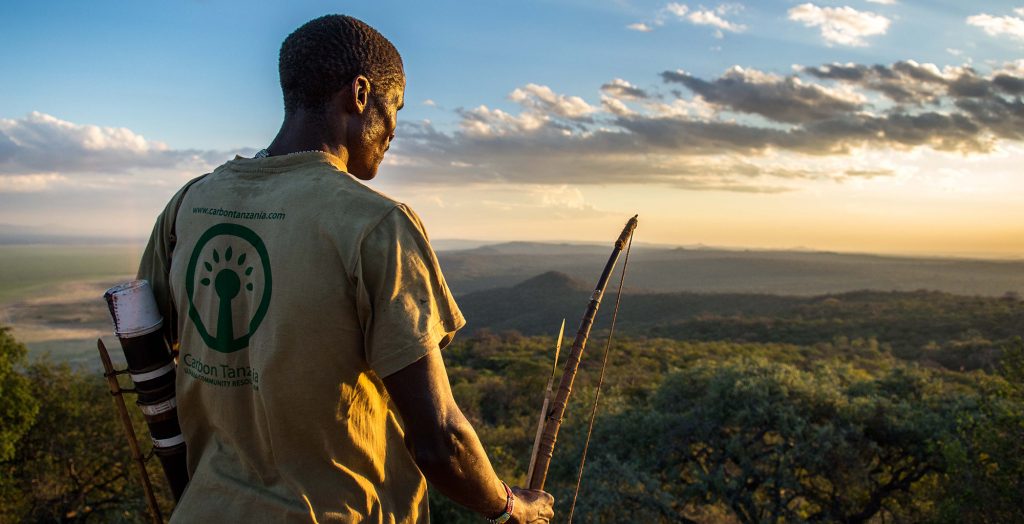I spent my whole career working on environmental issues – with climate change at the heart of those. Although often it’s been tough, working to try and tackle something of such magnitude, I am currently feeling quite optimistic. There seems to have been a sea-change in the public consciousness around the issue, and governments and business starting to respond.
Cause for optimism
Spearheaded by Greta Thunberg, the next generation of leaders are starting to have their say. They are demanding that we do things differently, and act now. Afterall, they are the generation who are going to have to live with the consequences of not acting now. A father for the first time last summer, I am more acutely aware of this than ever before. I want my son to be able to grow up as part of a healthy planet.
From wildfires in Australia and California through to flooding in the UK, these rich countries are relatively well equipped to deal with these challenges. When you start to look at the consequences for poorer nations, such as Bangladesh with the threat of floods or Malawi with the threat of drought, the picture becomes a lot scarier. These countries lack the resources to deal with the increase in frequency and severity of these events, leaving millions of lives at risk. The science is clear: we need to act now, and finally it seems the public are demanding that government and business follow suit.

Travel that works for the climate
All of which leads me to thinking about our own impact. Wild Philanthropy works very closely with Journeys by Design, a travel company that is encouraging people to fly to Africa and experience the incredible wildlife, wilderness and cultures that are under threat from climate change. In doing so, those trips release carbon dioxide into the environment, exacerbating the problem highlighted above. How then can we talk about sustainable or responsible travel? Are we being hypocritical?
I don’t think so. We are trying to deliver a different type of travel, one that generates value for local economies, providing them with the resources to make decisions about their future. The New York Times ran an interesting opinion piece on the positive role of travel with the appropriate tagline ‘Without tourism, it’s easy to imagine the Serengeti turned into cattle ranches’. Although I fully agree on the negative aspects of travel – in terms of emissions, over-crowding, pollution and rubbish – all these negatives seem to boil down to one thing: over tourism. The impressive study by The Travel Foundation Tourisms invisible burden is very on good on this.
What we are trying to deliver through Wild Philanthropy and Journeys by Design is something quite different. We are looking at really low volume, super high value trips. The benefits of this is that the ratio of carbon emissions to tourism dollar is very low. It also alleviates many of the above mentioned burdens created by mass tourism. On top of that, our entire model is based on trying to keep as much of those tourism dollars local, supporting the local economy through jobs and trade, and by driving profits into conservation and community benefits. As detailed in the NYT piece, there are many benefits to tourism, especially in Africa.

Angama Mara Maasai Workshop, where Maasai women craft bespoke jewellery.
Managing carbon emissions
This said, we are still having an impact in terms of our carbon emissions. Anyone interested in how to better manage their carbon footprint will be familiar with the ‘avoid, reduce, offset’ mantra. At Wild Philanthropy and Journeys by Design, we are starting a project to look at how we can better manage our carbon footprint.
In the first instant, we will be understanding our carbon footprint better. We are pretty sure that a large proportion will be related to air travel. We may then decide to look at how to reduce non-essential travel, but still it would be hard for an African travel specialist to avoid travel at all. Our answer in this respect is simple: travel less, but when you do, travel with purpose.
At the same time, we will then be looking at offsetting. Carbon offsetting is a controversial subject. As it happens, it’s an area where I built up quite a lot of knowledge in my previous role at Fauna & Flora International, where we developed nature-based solutions to climate change, including forest carbon projects or REDD+ . In monetising the role the landscape has in storing carbon, these projects reward local people for protecting forests and the like.

It’s a complicated process, and one I’d happily talk to you about, although too much to go into in the blog. Suffice to say, I believe there are very effective ways to offset the carbon released through travel, that look at local solutions close to our operational heart – Africa. A great example of this is the work of Carbon Tanzania. Their Equator Prize winning project in the Yeada Valley, for example, works with the Hadza people across 32,000 hectares to prevent over 18,000 trees being cut down. I’m hoping that as we develop our policy, one that will encompass Wild Philanthropy and Journeys by Design, we will be able to work with projects such as these to offset the unavoidable emissions released through our travel.
Oxymoron or not
So, back to my original question: Is the term sustainable travel an oxymoron? I don’t believe so – as with so many things the devil is in the detail. Does offsetting your travel make it sustainable? Short answer: no, I don’t think so. Can you travel, however, in a different way that is more sustainable? A way that drives finance into local economies? That employs local people on fair terms? That encourages local trade? And that also understands its negative impact, works to avoid or reduce those impacts, and then offsets residual impacts? I think so. Are we there yet? No. Will we be there soon. Yes. Watch this space.
